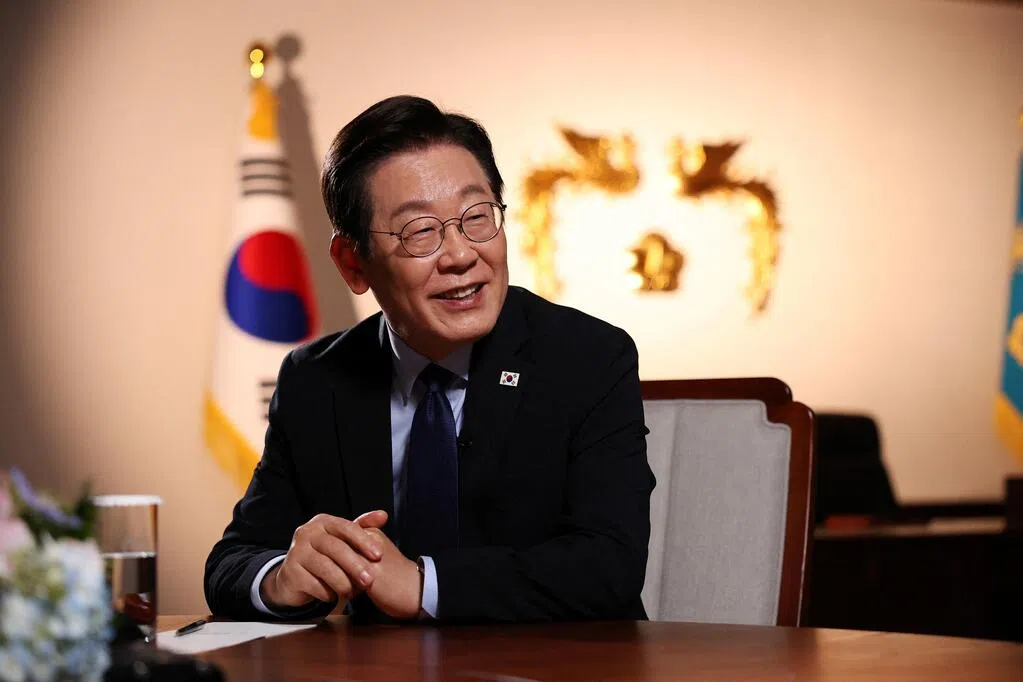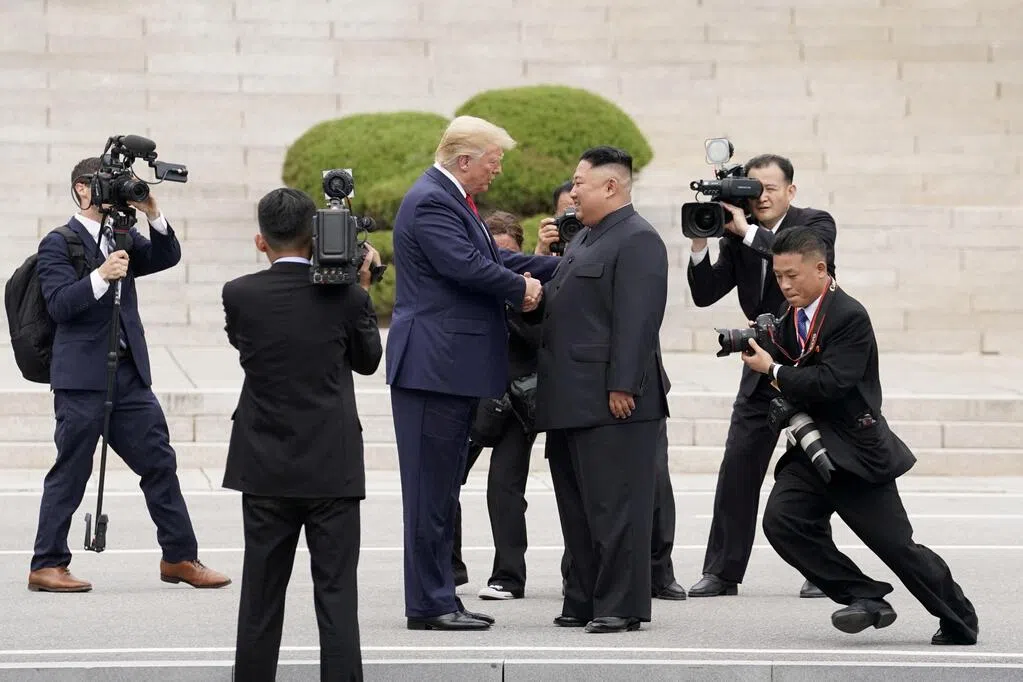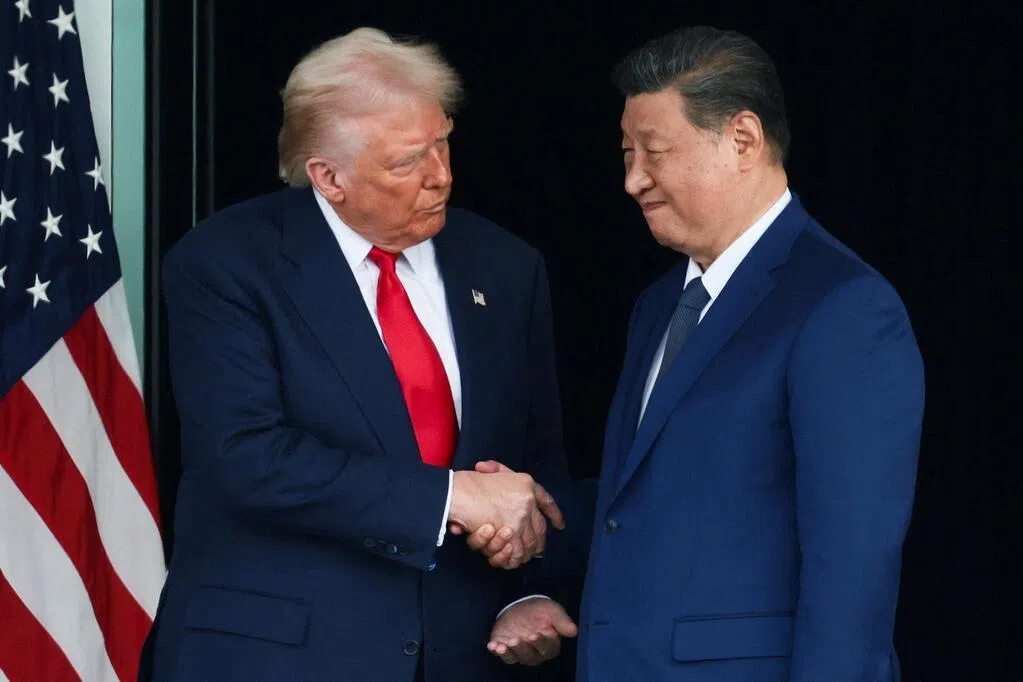South Korea's National Intelligence Service (NIS) stated that although the North Korea-US summit failed to take place during the APEC summit, intelligence indicates that North Korea secretly planned to engage with the US and made several preparations for resuming dialogue. South Korea assesses that the conclusion of the joint South Korea-US military exercises in March next year may be a crucial turning point in North Korea-US relations.
On Tuesday (November 4), the NIS pointed out that North Korea has recently assessed the possibility of contact with the US through multiple channels. Particularly after US President Trump expressed his willingness to meet with Kim Jong-un, North Korea considered adjusting Foreign Minister Choe Son-hui's planned visit to Russia on October 26, indicating that it is reserving space for potential dialogue and attempting to create a favorable diplomatic environment.
Intelligence shows that since the Supreme People's Assembly on September 21, Kim Jong-un has been noticeably restrained in his statements regarding "nuclear-armed states," refraining from high-profile mentions of nuclear weapons, which is seen as a relatively moderate signal to the US. The NIS assesses that North Korea is closely monitoring the direction of US policy towards North Korea and the movements of key officials involved in North Korea affairs, adjusting its response strategy accordingly.
Analysts believe that, given Trump's expected visit to China next April, North Korea may be attempting to leverage diplomatic interactions with China and Russia to garner favorable geopolitical support for potential dialogue with the US.
Regarding foreign relations, the National Intelligence Service (NIS) noted frequent high-level interactions between North Korea and China recently. Following the summit in September, the Chinese Premier visited North Korea for the first time in 16 years, providing impetus for the normalization of relations between the two countries. North Korean society generally anticipates the opening of the new Yalu River Bridge by the end of the year and hopes for some assistance from China in the form of essential goods. Statistics show that North Korea's trade with China in September increased by nearly 50% compared to August, indicating a gradual recovery in bilateral trade and economic relations.
Further Reading


In contrast, inter-Korean relations remain strained. The National Intelligence Service (NIS) stated that North Korea has issued instructions to its external system to completely prohibit contact with South Korean civilian groups and maintain a "discriminatory" stance towards South Korea and the United States, cutting off any possibility of improved relations. More importantly, North Korea is pushing to enshrine the "two-state theory" in its constitution, intending to formally establish the independent sovereign states of North and South Korea.
Regarding Kim Jong-un's health, which has attracted much attention, the NIS assessed that although it is aware of underlying health conditions, his frequent travel between Pyongyang and other cities and his active participation in various events indicate that his health is currently normal and he is able to fulfill his leadership responsibilities smoothly.
Furthermore, the Defense Intelligence Headquarters (DICO) reported during a closed-door meeting of the National Assembly's Intelligence Committee on the 5th that North Korea possesses the capability to resume nuclear testing in a short period of time. If Kim Jong-un decides, he can utilize the No. 3 tunnel at the Punggye-ri nuclear test site at any time.
The DIS also confirmed that North Korea has partially restarted factories established by South Korean companies in the Kaesong Industrial Complex, mainly in the light industry and consumer goods sectors, indicating a partial restoration of production capacity.



